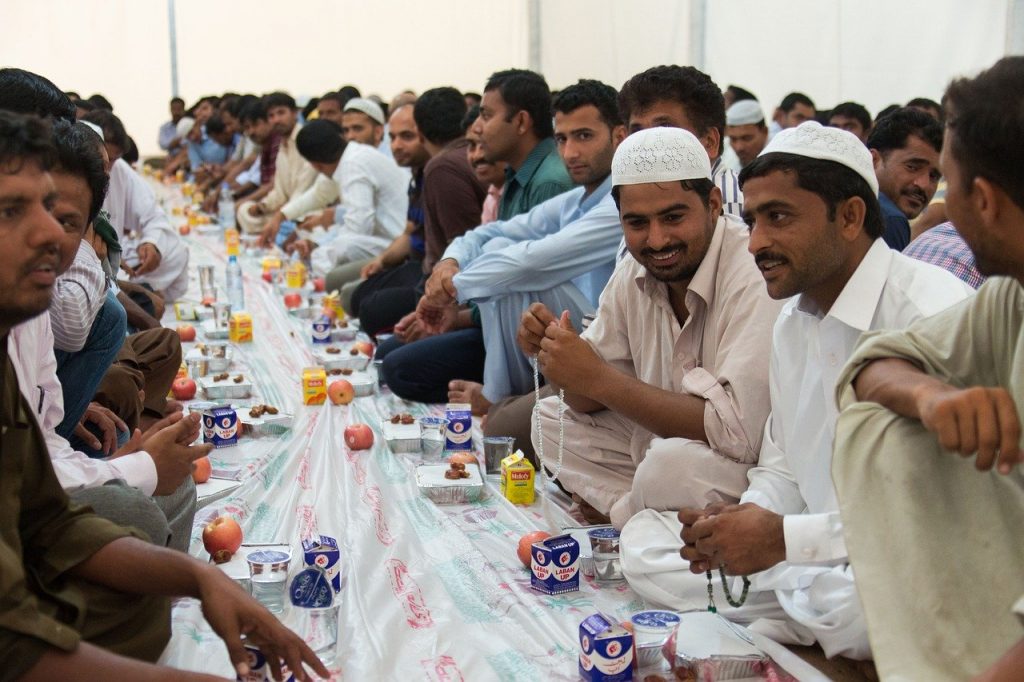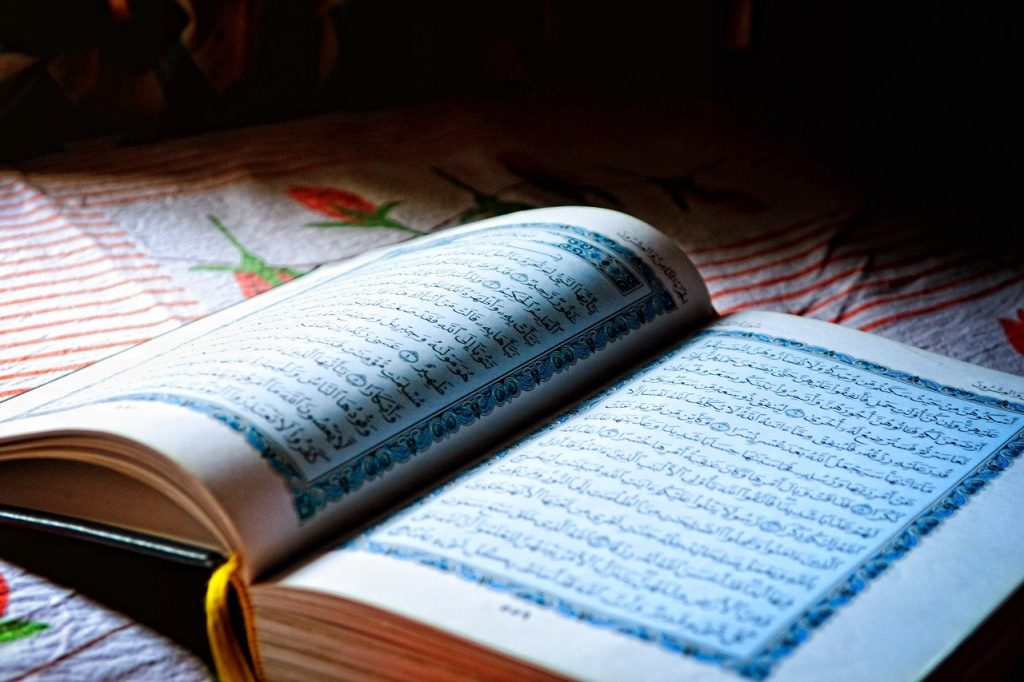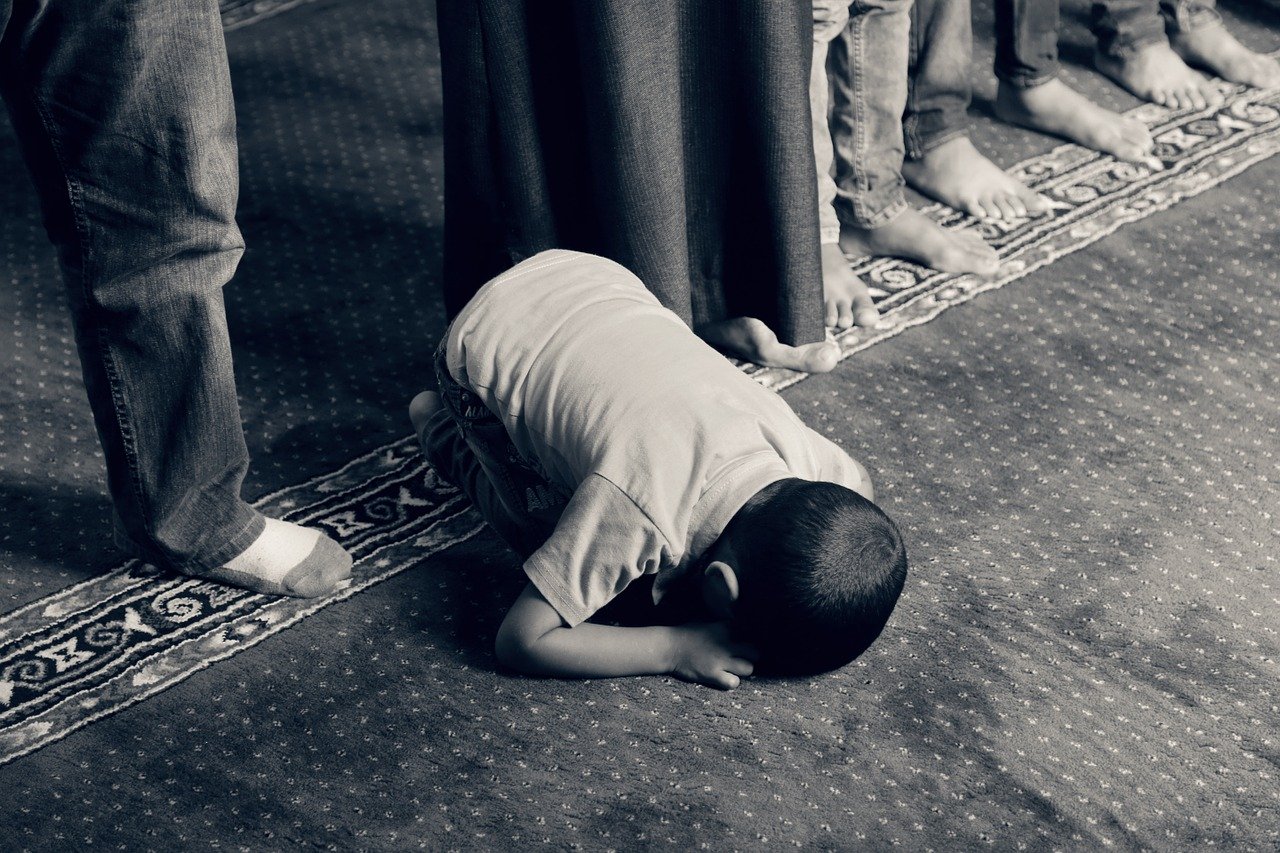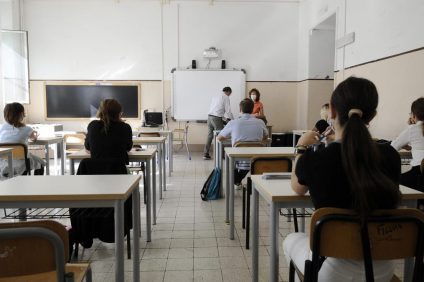There are over one and a half million citizens of the Muslim religion residing in Italy. For them, for the first time in 1400 years, the already severe restrictions of Ramadan will be added to the new global restrictions imposed by the coronavirus pandemic. The month commemorating the first revelation of the Koran to the Prophet it started last night and today is officially the first day of fasting.

They call Ramadan exceptional. It has something new compared to those that have marked the history of the increasingly growing Muslim community in our national territory. In Italy, in fact, there are about 2,6 million faithful observers of which 40% of Moroccan origins, about 10% Italians, including adopted, converted or second generation citizens. For them a difficult month due to the closure of mosques, the absolute protagonists of religious celebrations. The mosque Al Wahid of Milan, one of the most renowned and most active in our country, has no longer welcomed its faithful since 28 February. To stay at home it is a duty to be respected with extreme rigor.
Mosques will be replaced by domestic walls. Home moments will be marked by a conviviality in which the virtual will reign supreme. Nothing to do with the sharing and solidarity that characterized this religious rite before the pandemic. The Muslim community will miss moments of collective prayer, readings from the Koran, shared meals. In fact, the way of praying. Thanks to the web it will be possible to shorten distances and feel more united even in this period of limitations. The Friday prayer sermon will be streamed on Facebook to reach all the faithful in their homes. And also lessons and moments of collective reflection will be disseminated on social networks.

At the end of Ramadan there will be nocollective iftar, the great meal that marks the end of the fast. The Muslim faithful will give up the well-known tables that for years have welcomed lonely and economically disadvantaged people. One of the five fundamental pillars of Islamic culture, the Zakat. The term designates the "charitable spirit" that is in each of us. At the time of the Coronavirus, however, altruism can be expressed through food collections.
In the month of daily giving up water and food, the perception of what hunger really is will intensify. Fast during Covid-19, however, it presents some contraindications. To sound the alarm is the World Health Organization which has drawn up strict rules guidelines to be respected. They are added to those already recommended by the Koran which prohibits fasting for elderly, pregnant or breastfeeding women.





